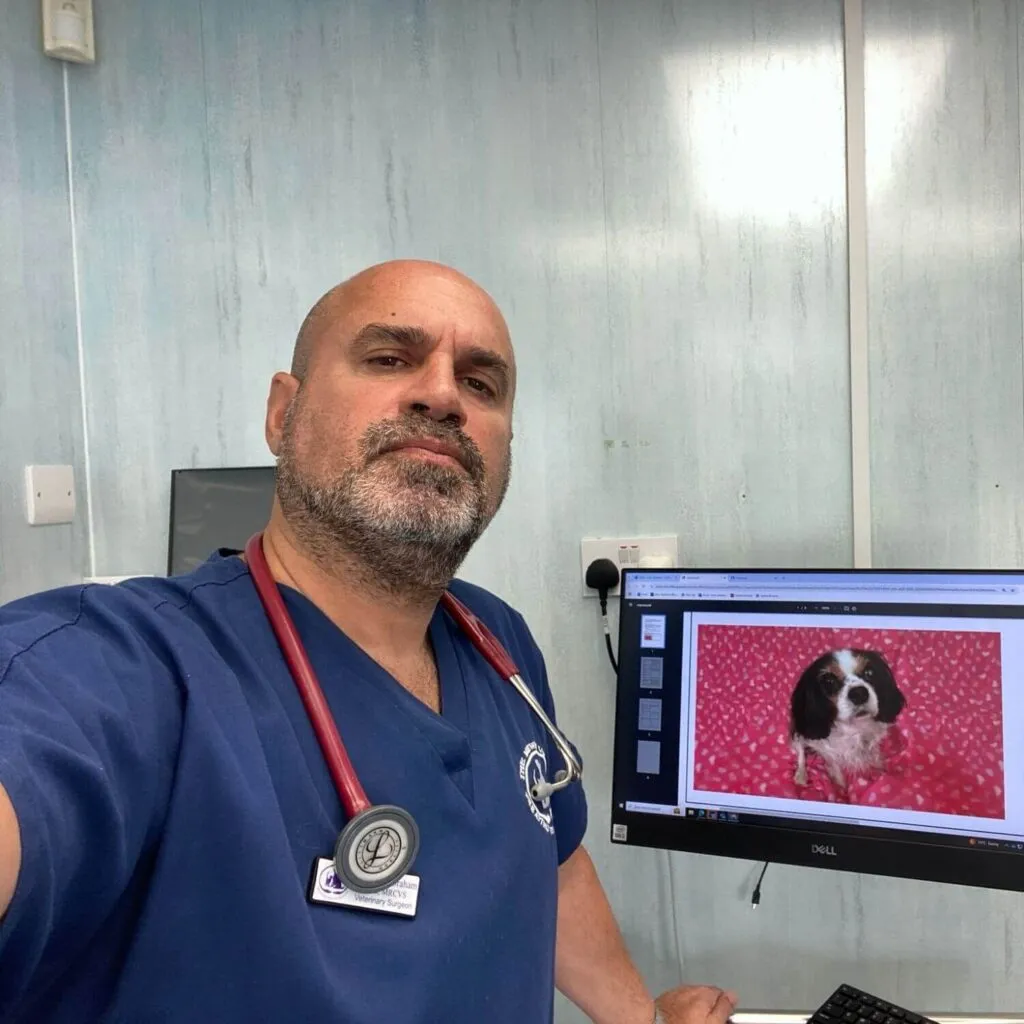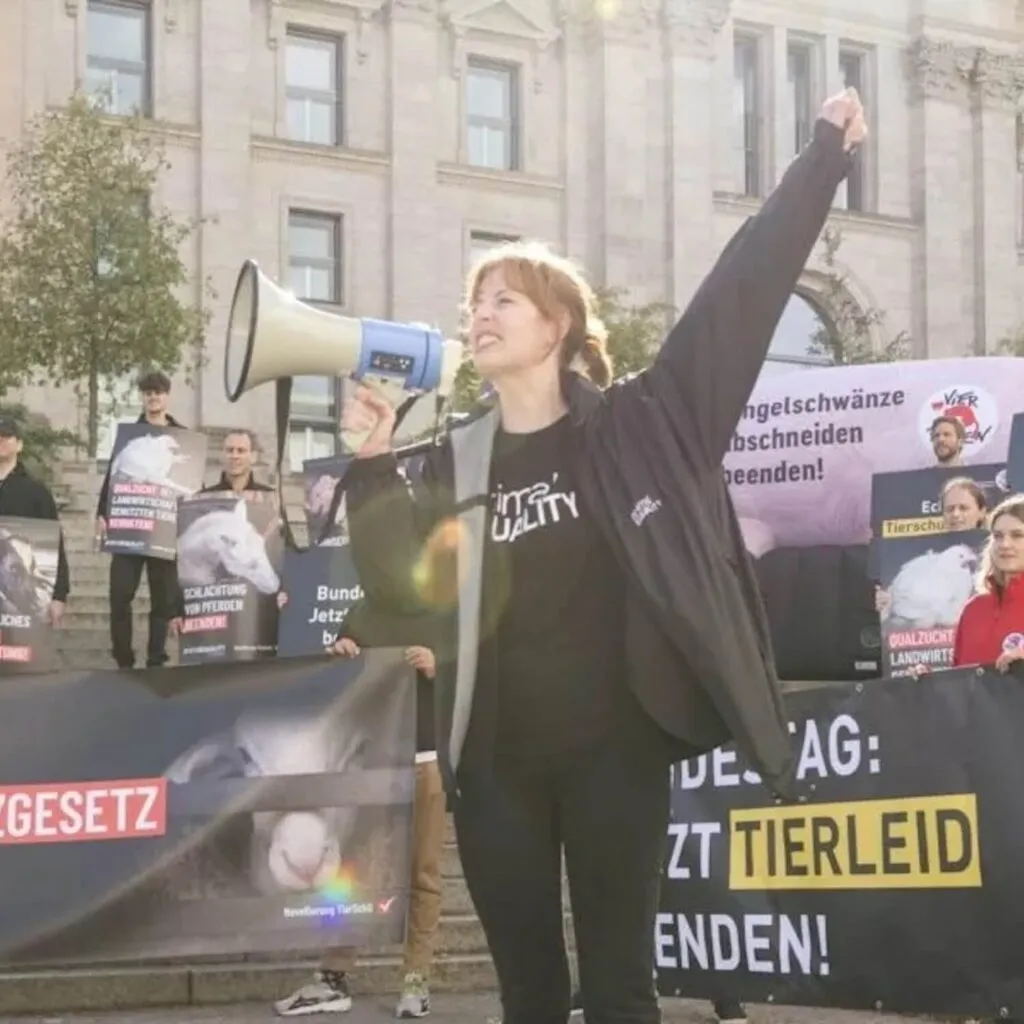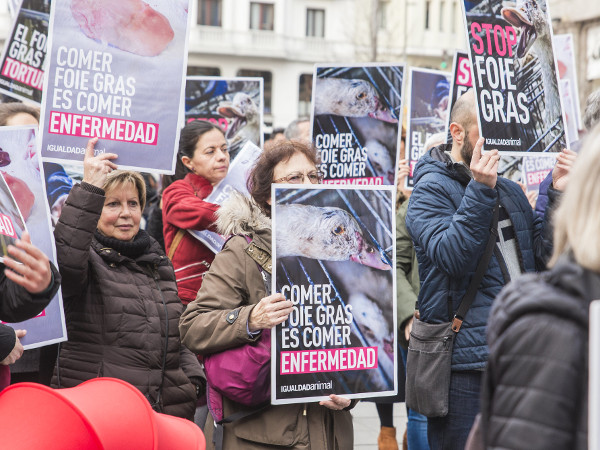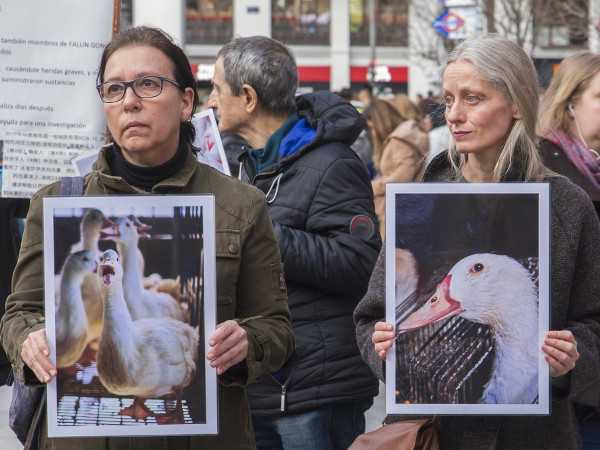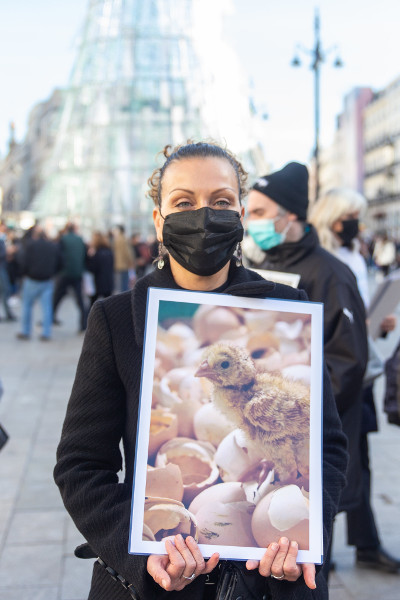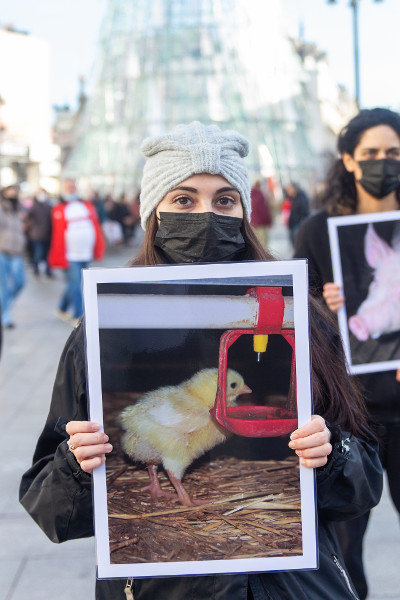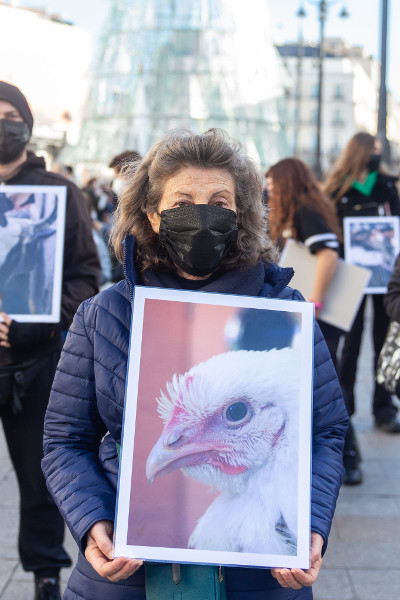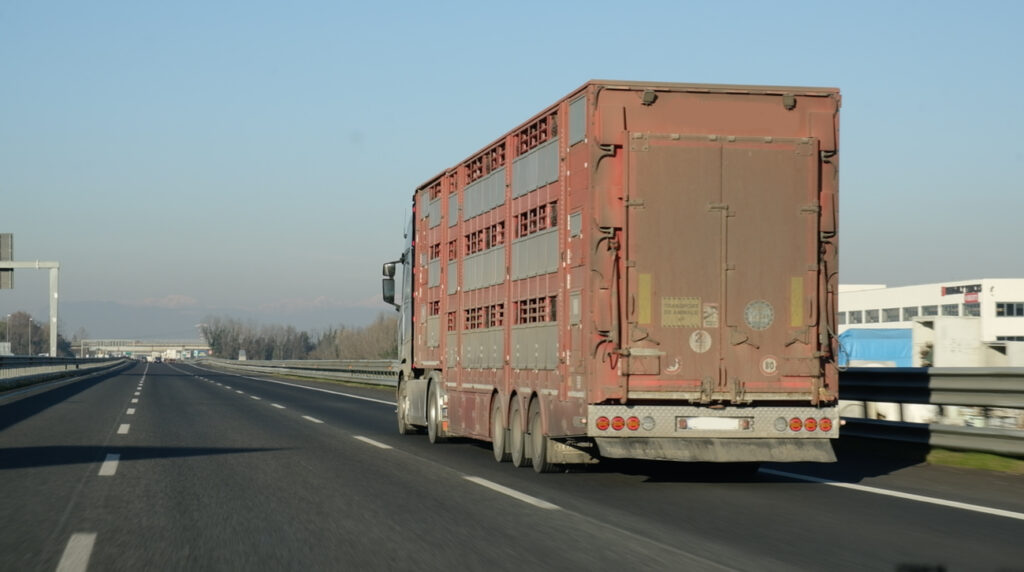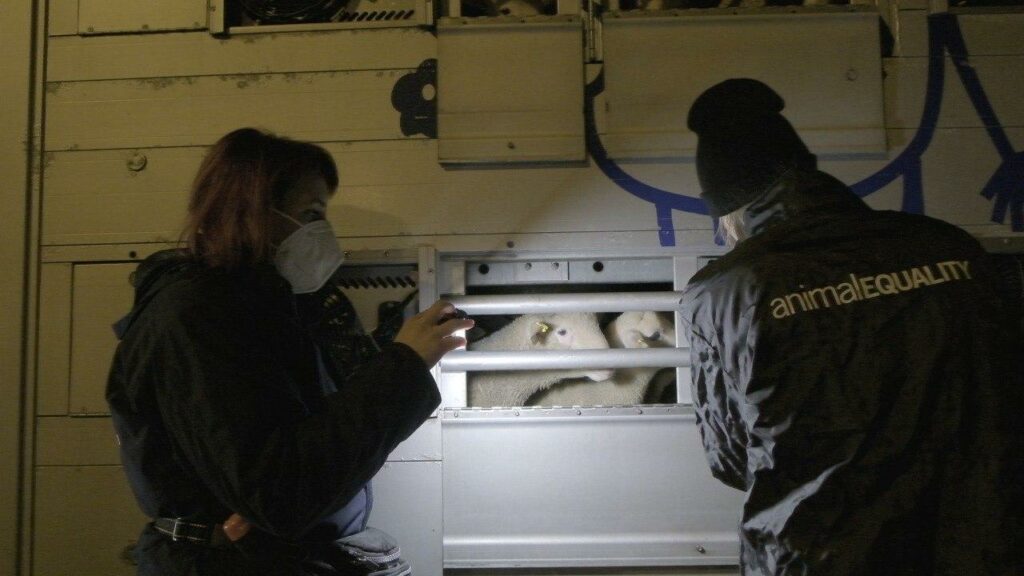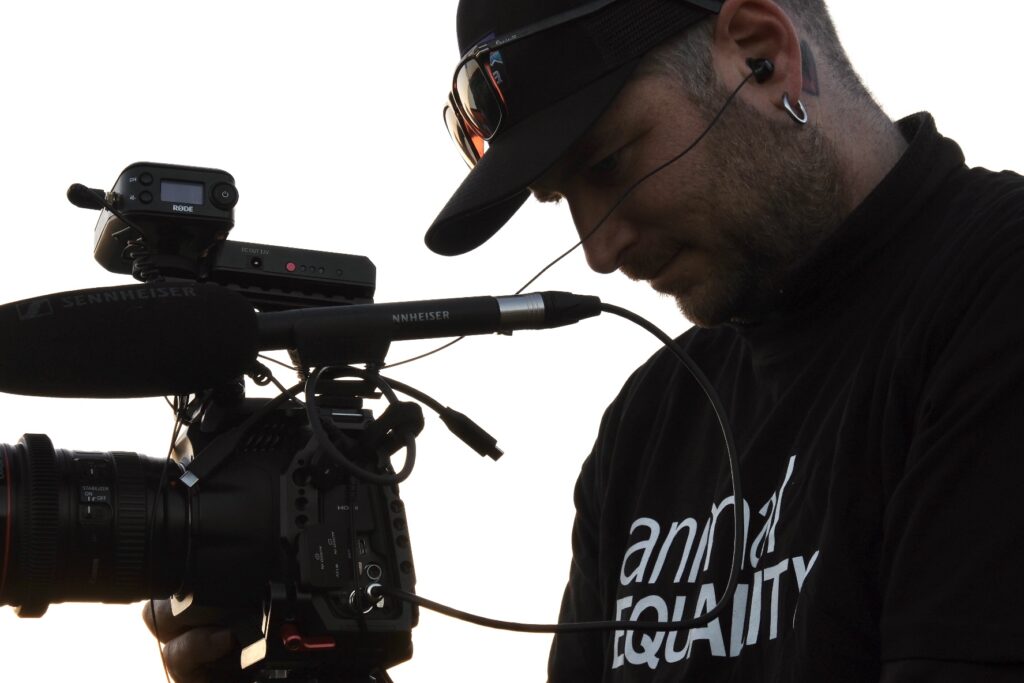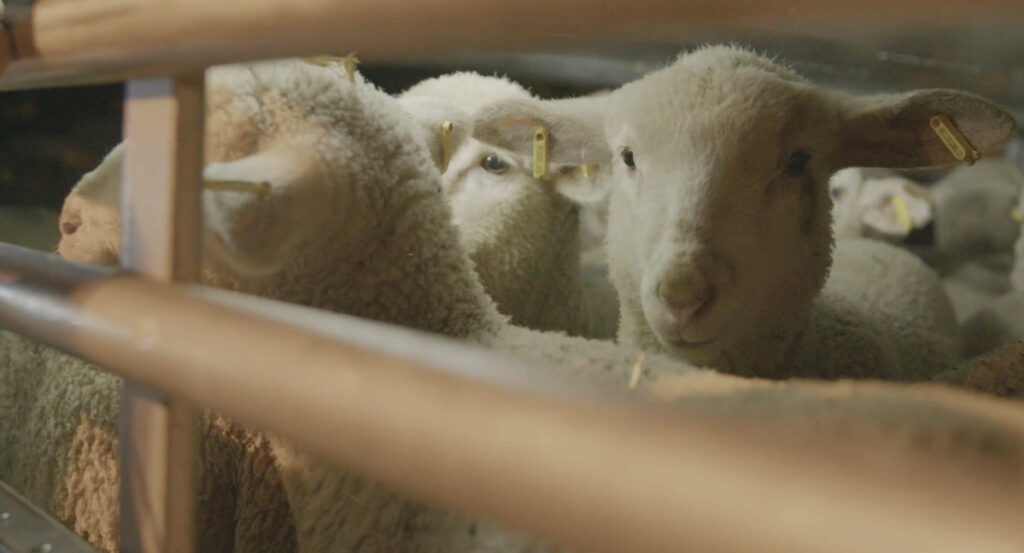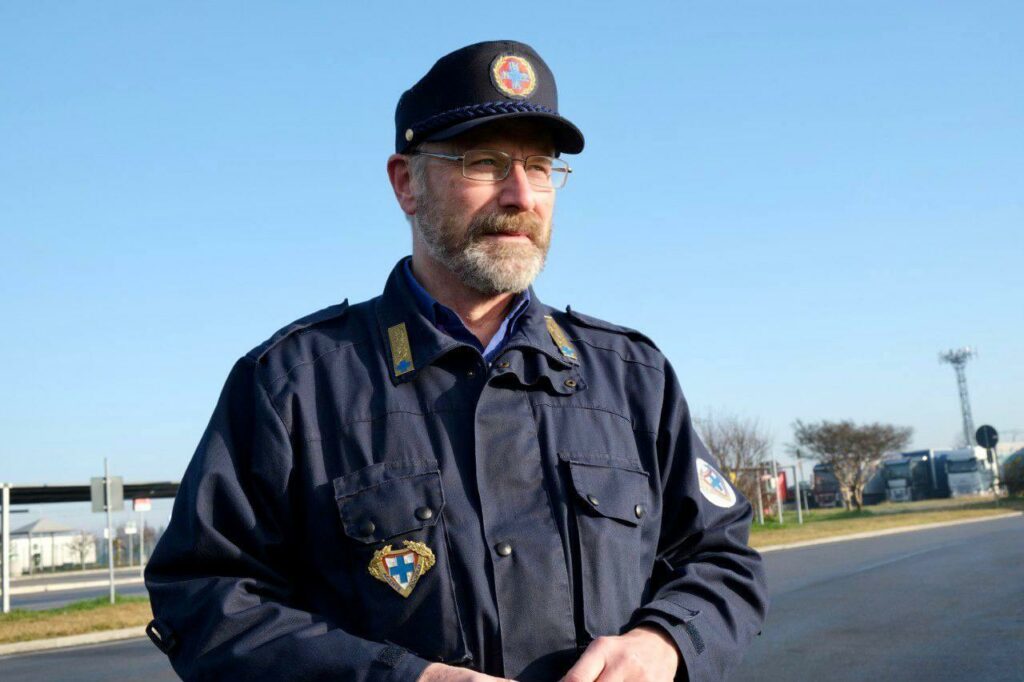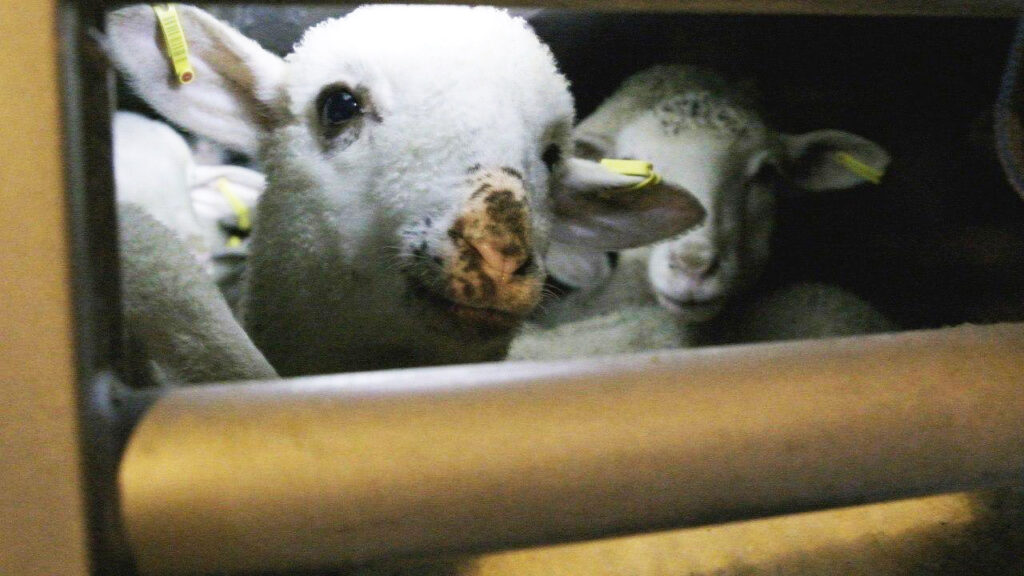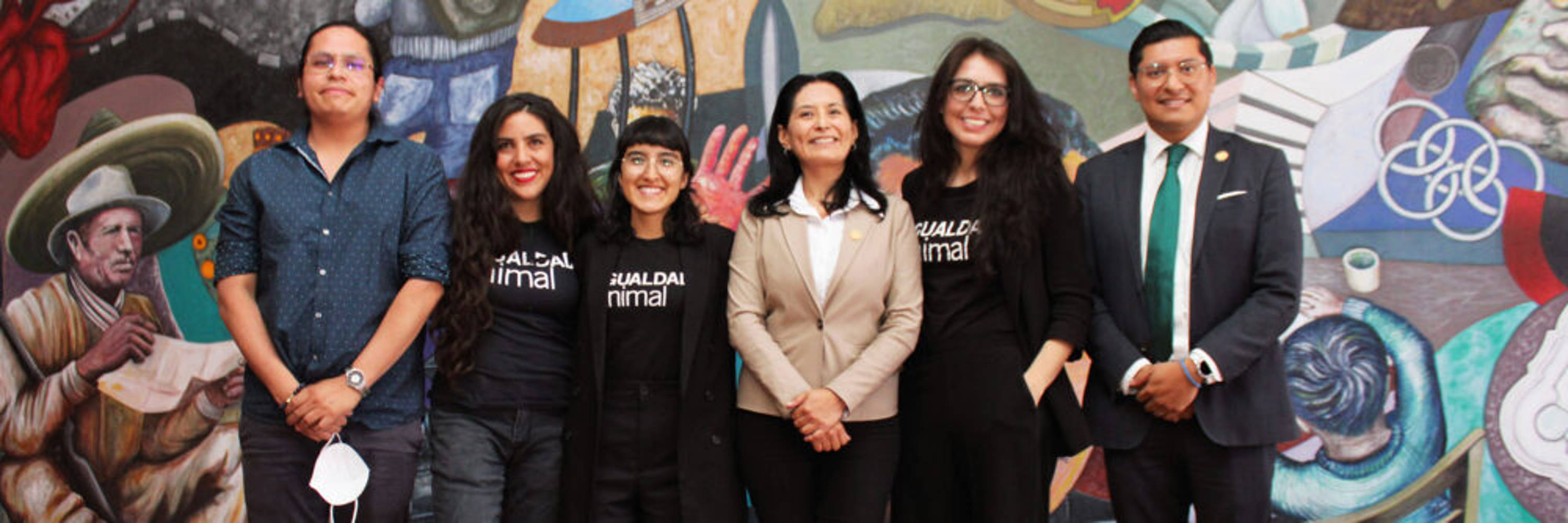
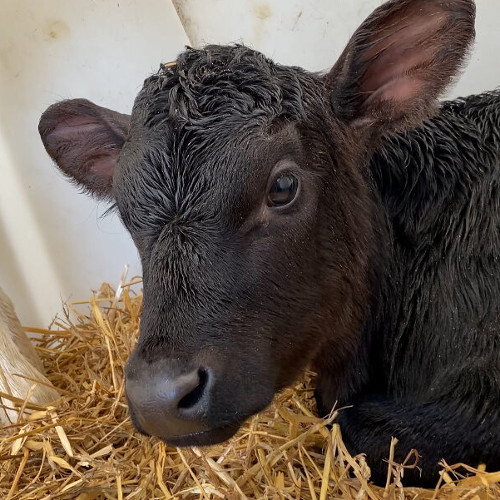
The Biggest Moments For Animals So Far in 2022
By making donations, signing petitions and taking online actions for animals, you’ve achieved some big results for animals so far in 2022.
Here are some of the biggest moments for animals in the first six months of 2022, including historic new laws, groundbreaking investigations, and major campaign milestones which take us closer to achieving more progress for animals in the future.
1. BBC Panorama: A Cow’s Life
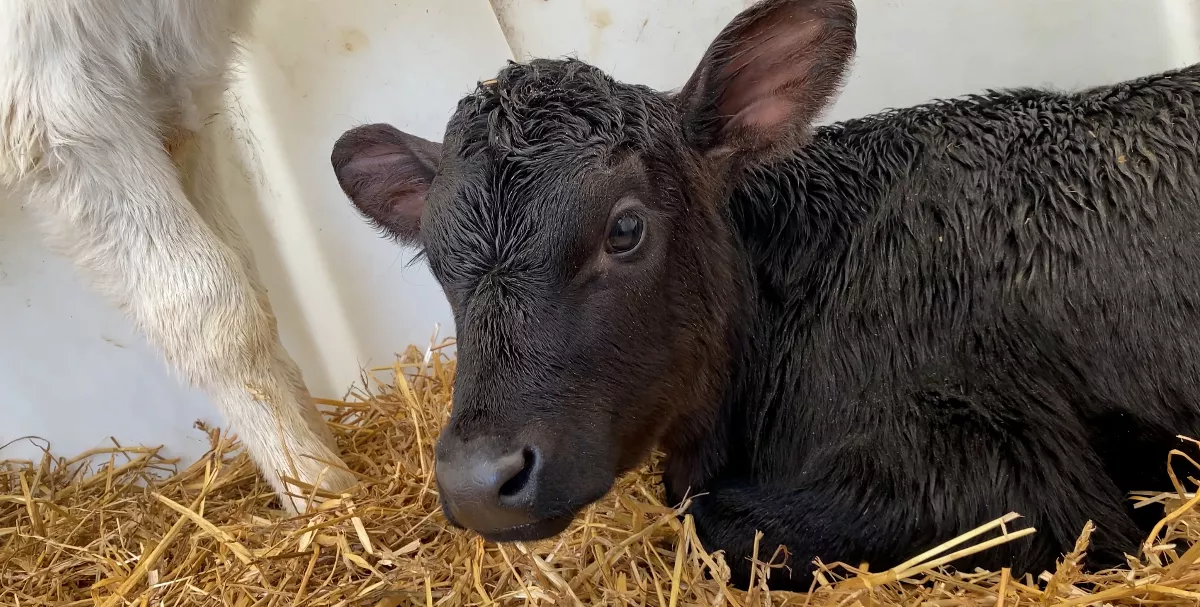
In 2021, Animal Equality supporters donated to help Animal Equality’s investigators. All of that support led to a new investigation and the result was a 30 minute long episode on BBC1’s Panorama uncovering cruelty in the UK dairy industry. The episode, titled ‘A Cow’s Life: The True Cost of Milk’, has been watched by millions of people.
The episode showed disturbing undercover footage of deliberate violence and neglect on Madox Farm, in Carmarthenshire, South Wales, which holds over 650 cows and their calves. The footage also uncovered the cruel practice of separating cows from their baby calves within hours of birth, which many people are completely unaware of.
Within minutes of the episode going live, thousands of people were talking on social media about how they wanted to help. We saw comments from Peter Egan, Paddy McGuinness, Diane Morgan, Megan McCubbin and Animal Welfare Minister, Zac Goldsmith MP, who all reacted to the episode.
Uncovering the truth to so many people was a major achievement. The media is not always willing to show animal cruelty to viewers, and when it does, it’s often in short news segments.
But together, we secured a half an hour episode during a primetime slot and the episode was seen by millions of people, uncovering a side of the dairy industry that has been hidden from public view for so long.
It was a watershed moment that has the potential to transform the country’s relationship with the dairy industry. But this wasn’t the end of the story…
2. Actress Miriam Margolyes Launches New Petition
Four months on from the Madox Farm investigation, Animal Equality launched a new campaign to help cows and calves who suffer in the dairy industry, with support from award-winning British-Australian actress, Miriam Margolyes.
Many people are completely unaware that the dairy industry tears baby calves away from their mothers just hours after being born. This is a fundamental part of the dairy industry. The reason this happens is because, naturally, the calf would drink their mother’s milk, but this would mean there’s no milk for the dairy industry to sell to people, so the dairy industry tears them apart.
The separation is extremely distressing for the mother and her calf. Animal Equality has recorded footage of cows chasing their calves as they are taken away and crying out in the hope their calf will come back. But they never will.
Fortunately, change is already underway. An estimated 1 in 3 people in the UK now drink plant-based milks, which means less cows’ milk is produced and fewer cows and their calves are separated.
But we need change to happen faster. That’s why the new campaign calls on the Government to move subsidies away from the dairy industry and towards plant-based alternatives like oat milk and soya milk, and to support farmers in making the transition.
Over 11,000 people have already signed the petition.
3. Scottish Government Introduces Fish Slaughterhouse Inspections For First Time
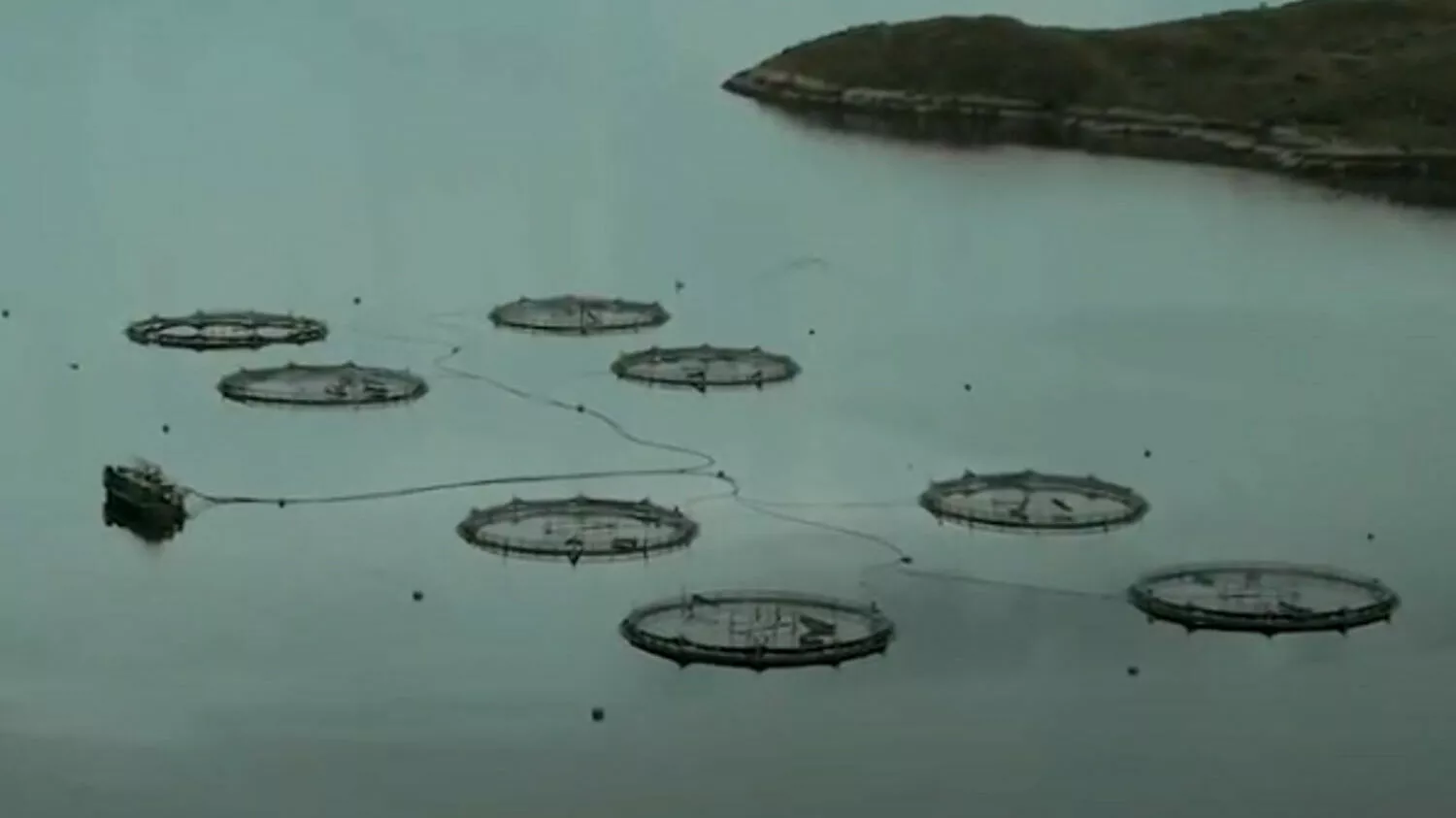
In 2021, Animal Equality released an undercover investigation into a salmon slaughterhouse in Scotland. The slaughterhouse was operated by The Scottish Salmon Company, which was linked to Co-op and Waitrose. Our investigator found:
- Salmon having their gills cut while still conscious.
- Workers violently throwing salmon onto the slaughterhouse floor where they were left to suffocate.
- Salmon being repeatedly clubbed on the head, in one instance seven times.
At the time of the investigation, Animal Equality discovered that the Scottish Government wasn’t conducting routine inspections into any fish slaughterhouses. This meant fish were completely at the mercy of workers, who are under pressure to work as quickly as possible.
Following our investigation, Government sources said that they’d start inspecting fish slaughterhouses. But months later, nothing had happened.
So in response we worked with the world’s top aquatic animal experts to produce and sent a letter to the Government’s Animal Welfare Committee, which provides independent advice to the Government on actions it should take to protect animals.
Months later, we found our efforts had been successful when we discovered – via a Freedom of Information Request – that the Scottish Government had instructed the APHA to start routine inspections.
Now we’re fighting for the Government to make CCTV mandatory inside all fish slaughterhouses across the UK and for the CCTV footage to be made available to the public for scrutiny. Over 9,000 Animal Equality supporters have signed the petition.
4. Largest Egg Producer In South America Commits To Ban Killing Of Male Chicks
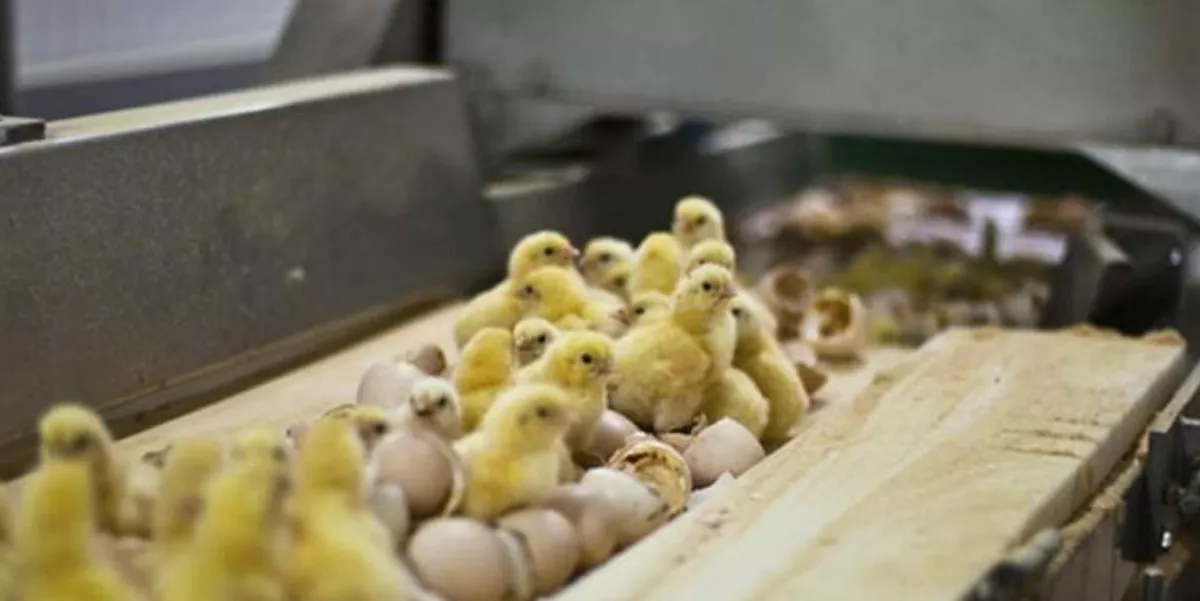
Thanks to Animal Equality’s efforts, the largest egg producer in South America, Mantiqueira, has committed to ending the killing of male chicks in its supply chain.
An estimated 84 million day-old male chicks are discarded alive in Brazil every year. This is because the egg industry breeds them but considers them useless as males do not lay eggs.
But a new technology – called in-ovo sexing – offers a way to end this practice by preventing male chicks from being born in the first place.
The new technology has led to countries like Italy, France and Germany introducing bans on the killing of male chicks, which will prevent millions being gassed, crushed to death or suffocated every year.
Now Mantiqueira has committed to using in-ovo sexing technology as soon as it becomes available in Brazil, an estimated 7 million male chicks will be spared from a painful death every year.
Animal Equality supporters play a huge role in convincing huge companies to make commitments like these by emailing them, sending them messages online and calling them to show that people want to see companies fighting animal cruelty.
And it’s not just companies making these changes. In December last year, Italy became the latest country to introduce a ban on the killing of male chicks in the egg industry after a campaign fought by Animal Equality supporters.
5. State of Hidalgo Introduces Most Comprehensive And Advanced Set Of Animal Protection Laws In All Of Mexico
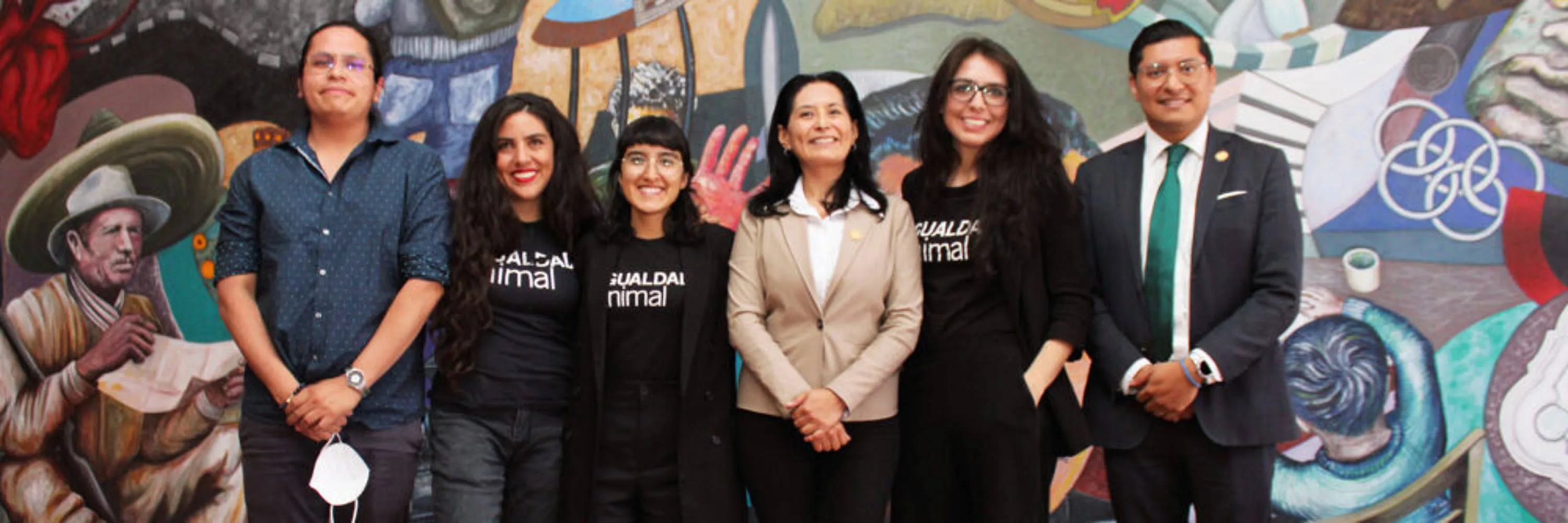
In June, the State of Hidalgo in Mexico introduced a whole host of bans, laws and criminal sentences for those who break the law in slaughterhouses. It’s the most comprehensive and advanced set of animal welfare laws in all of Mexico.
They include:
- Introducing CCTV to slaughterhouses.
- Criminalising the slaughter of animals without stunning, with fines and up to four years in prison.
- Banning the slaughter of cows who are in their late stages of pregnancy.
- Prohibiting illegal ‘backyard’ slaughterhouses, so only those with permission from the authorities can run slaughterhouses.
- Banning painful procedures such as tail cutting from being carried out on animals
The progress comes after major lobbying efforts by Animal Equality and its supporters, who promoted a petition calling for stronger laws and contacted members of the Hidalgo Congress with a series of actions in the five months leading up to the vote.
These efforts followed two major investigations released by Animal Equality showing sheep and pigs suffering violence and neglect inside slaughterhouses in the state.
This legal initiative is a part of a whole host of legal proposals put forward by Animal Equality in our ongoing campaign: Laws For Animals. As part of the campaign, Animal Equality is fighting to:
- Introduce protections for animals on farms in the state of Jalisco.
- Ban and criminalise unregulated slaughterhouses across Mexico.
- Ban the sale of live animals in markets across Mexico.
- Make animal sentience officially recognised in the Constitution of Mexico.
- Give the Mexican Congress the power to legislate on issues related to animal welfare.
Work In Progress: Future Results For Animals
Each moment of progress we achieve for animals has the power to create new ones. With every victory, more people join us and our voices grow louder.
Your donations, petition signatures and online actions are driving the results of tomorrow.
Here are the campaigns we’re working on together right now:
A Ban On Foie Gras and Force-Feeding
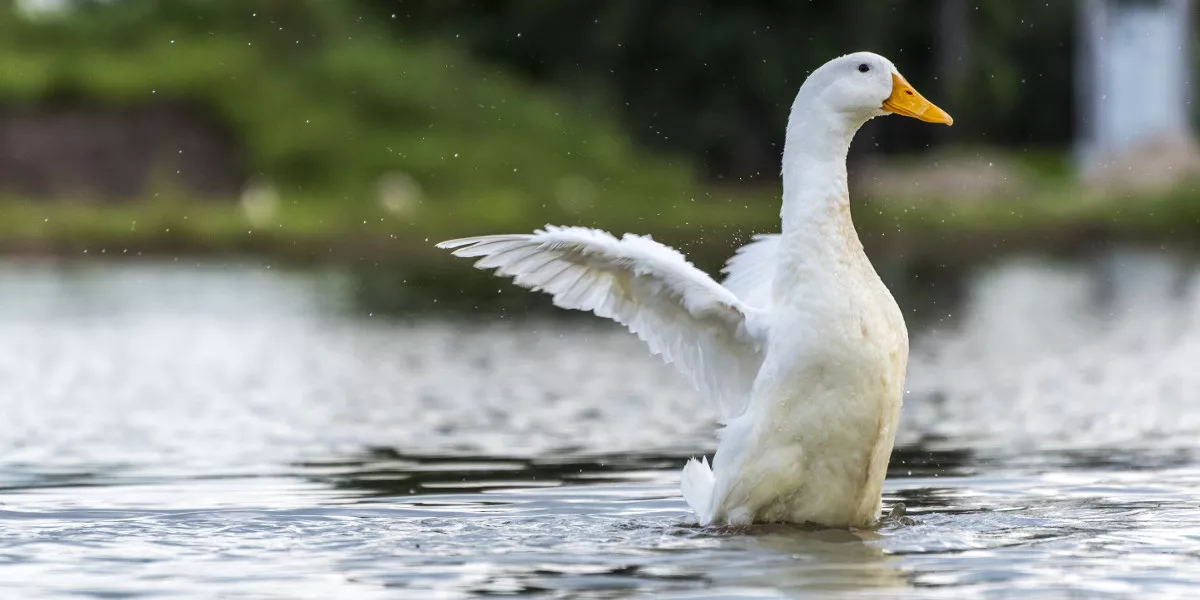
Foie gras produced by force-feeding is immensely cruel. Millions of ducks and geese are force-fed on farms in Europe every year to produce foie gras, a so-called delicacy which only a small fraction of people eat.
It’s illegal to produce foie gras in the UK, but not to import it. It’s a hypocrisy that must end.
Over 260,000 have signed our foie gras ban petition and a poll has shown that over 80% of the British public are now in favour of the ban too.
Thanks to a huge effort from investigators, activists, MPs, celebrities and people all over the UK like you, we’ve turned foie gras from an issue that hardly anyone knew about into an issue which members of the Government are hotly debating between themselves.
Next, we need to convince the Government to put forward a foie gras ban. The Government has so far failed to deliver and we’re working hard to drum up the political support needed.
Meanwhile, Animal Equality supporters are also fighting for an end to force-feeding and foie gras in the US, Germany and Spain.
Every year in Spain more than one million ducks and geese are subjected to the torture of force-feeding to produce foie gras. Animal Equality is demanding that the Spanish Government works to ban cruel force-feeding practices in Spain and across the EU. Spanish actress Sara Sálamo is supporting the campaign and features in the campaign video.
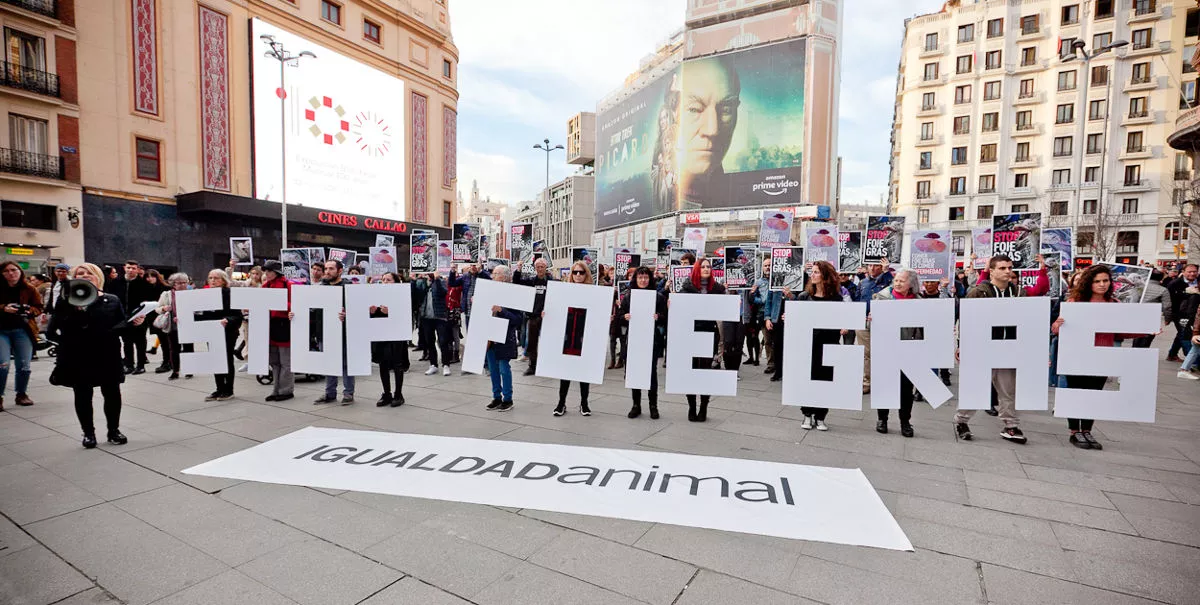
In Germany, foie gras production is currently illegal but the country still imports foie gras from other European countries, so Animal Equality’s team in Germany is working at the EU level to ban foie gras production.
Ending The Slaughter Of Male Chicks
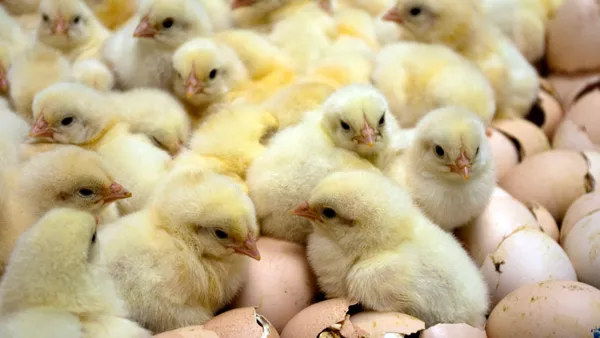
The egg industry breeds chickens in order to use them to produce eggs to sell on supermarket shelves. But only the female chickens – the hens – produce eggs, so when male chicks are born the industry kills them.
This happens in countries around the world, with hundreds of millions of male chicks slaughtered every year. Most are gassed, shredded alive or crushed to death. But we’re changing that.
Currently in Italy, between 25 and 40 million male chicks are killed by the egg industry, but that is set to change. A little less than a year and a half after the launch of Animal Equality’s campaign ‘Stop the Slaughter of Male Chicks’, the Italian Government agreed to end the practice when it approved an amendment to Italian law which will introduce a ban on male chick culling in the egg industry by 2026.
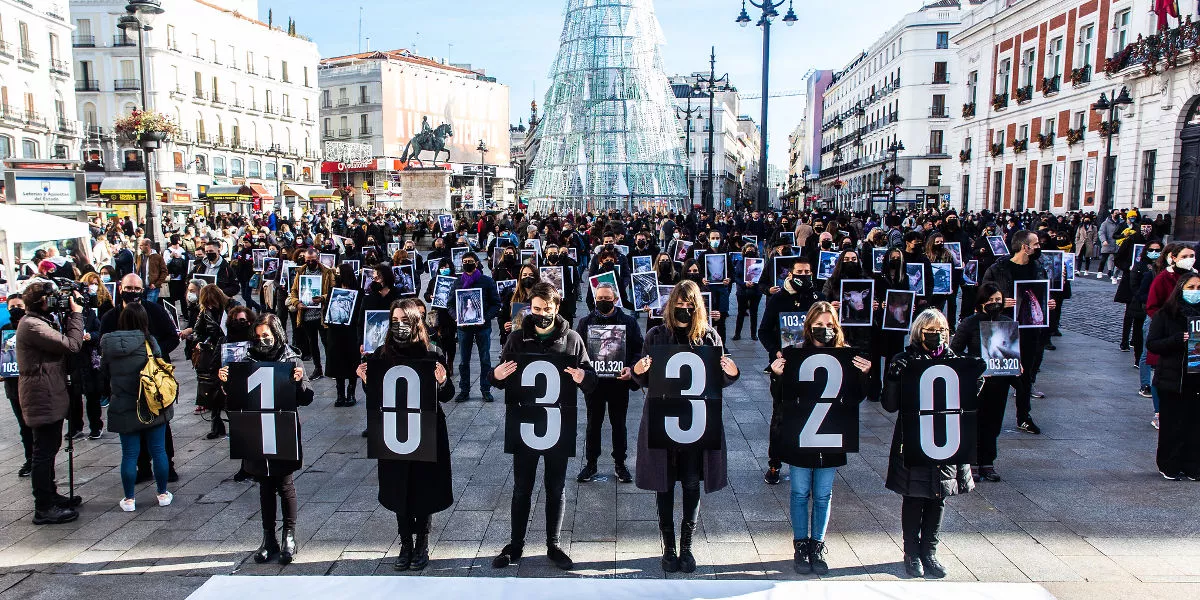
Italy follows France and Germany which have already introduced bans on the killing of male chicks in the egg industry thanks to campaigning by other animal protection groups. And it looks like Spain could be the next to follow.
Spain’s Agriculture Minister recently said that Spain is in favour of a ban on the culling of male day-old chicks within the egg industry, a practice that kills 35 million in the country every year. And the Spanish Government has announced that from autumn 2022 it will present a plan to end the slaughter of male chicks.
Eliminating Cages For Animals
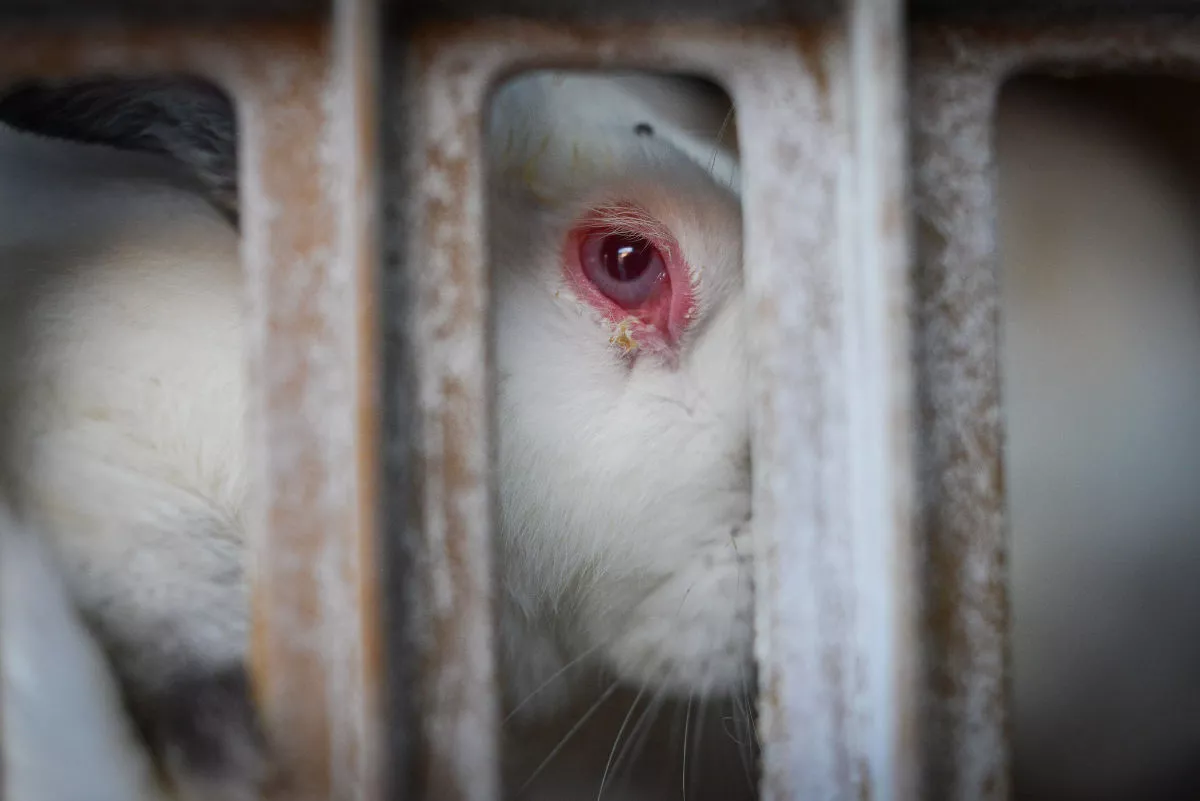
Every year, more than 300 million animals are confined in cages across Europe. Hens, calves, pigs, rabbits, quails, ducks and geese are, for the most part, reared in cages that restrict their ability to move around, forcing them into a miserable life full of suffering.
Rabbits are one of the most commonly raised animals on factory farms in Europe. They’re reared either in battery cages or in so-called ‘enriched’ cages where they have barely more space available than the surface area of an A4 sheet of paper each.
They’re forced to rest their feet on wire floors that cause them painful wounds, they cannot stand upright on their hind legs, and they are unable to run, jump or express many of their other natural behaviours.
In June 2021, we achieved an incredible milestone. Thanks to work by Animal Equality and our animal protection allies across the continent, in June 2021 the European Commission announced a commitment to phase out cages on farms by 2027.
But this is not all. Politicians can turn their backs on animals at any moment, so we’re keeping up the pressure.
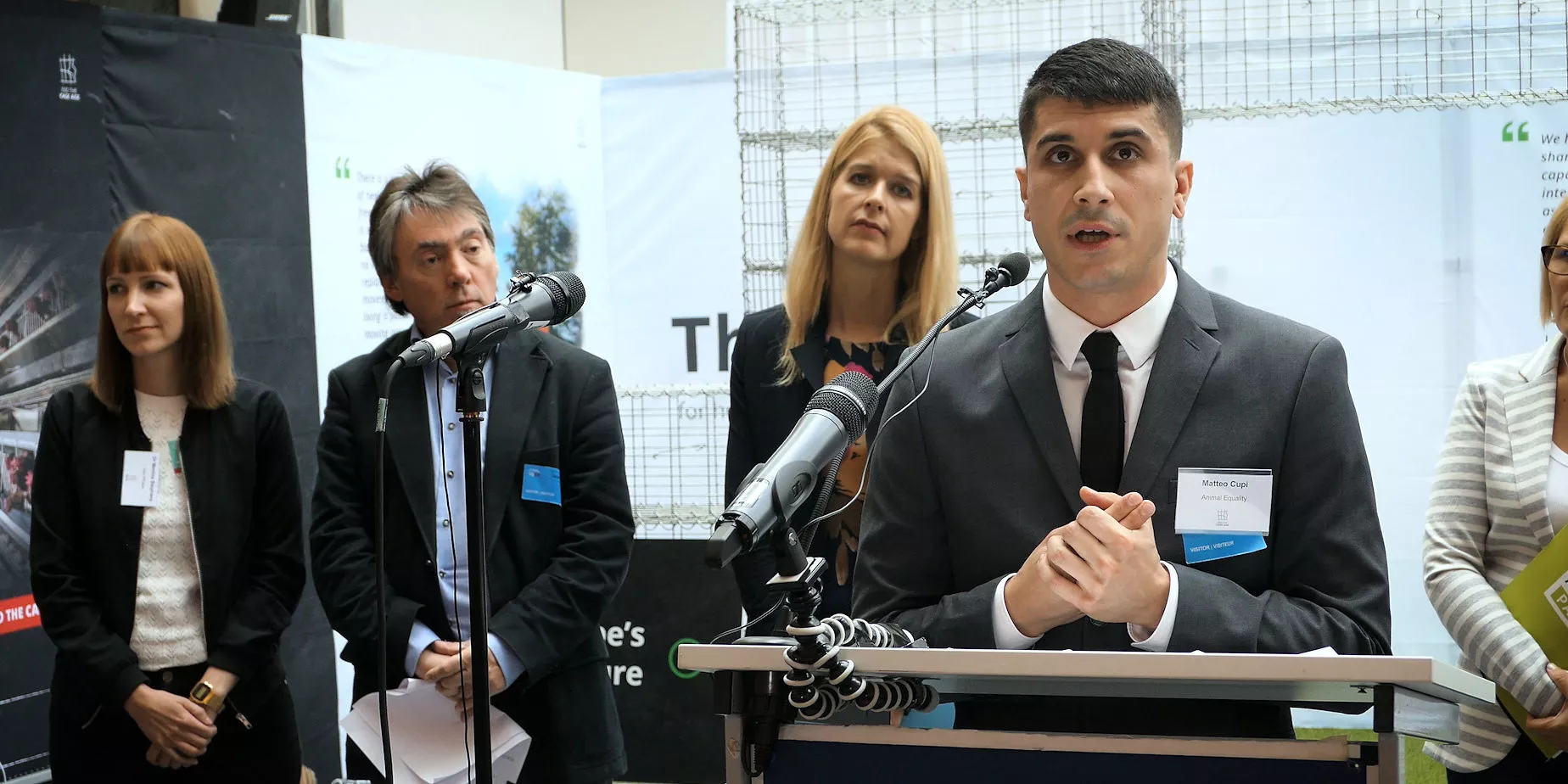
In Italy, Animal Equality has launched a campaign and a petition to press the Italian Government to hold the European Commission to its commitment.
In Spain, Animal Equality has been campaigning for companies to stop using cages for hens in their supply chains. As more companies move away from cages, support for cages decreases and we get closer to a cage-free Europe.
While ending cages won’t end cruelty for animals, it will be a major step in the right direction and will lead to even stronger reforms in the future.
Ending The Live Transport Of Animals
On 1st February 2022, a truck containing 640 piglets overturned on a motorway near Pordenone in northeast Italy. The piglets were being transported to a ‘fattening’ farm. 400 of the 640 piglets on board were killed in the accident. It was another tragic story of animals suffering while being transported across Europe and around the world.
Worldwide, it is estimated that over two billion farmed animals undergo long-distance travel every year, exported around the world for breeding, ‘fattening’ and slaughter. Many do not survive the journeys.
Animal Equality has been investigating live transport for years, including the live transport of lambs across Europe to Italy.
Every year, hundreds of thousands of lambs and sheep are forced to endure journeys from countries such as Hungary and Romania to Italy. The journey can be as long as 1,200 miles and lasts for days in completely unacceptable conditions.
Our investigators have followed these lambs on their long journeys so their story can be told to the public. We also document violations of the law that cause suffering to the animals and report offences to the authorities.
Thanks to our work and the work of other organisations across Europe, the number of lambs killed for human consumption in Italy has decreased over the years.
According to Istat, between 2010 and 2016, consumption of lamb meat declined by 50%.
Progress has been made on a political level too. Thanks to these investigations and campaigning, the EU decided to establish a Commission of Inquiry to investigate the live transport of animals and the breaking of existing laws.
At the end of 2021, the Commission of Inquiry officially recognised the gaps in the law and the poor implementation of existing laws, and agreed to review them by 2023.
Animal Equality has launched a petition in Spain calling for a ban on the export of live animals and has gathered over 46,000 signatures so far.
A Political Representative For Animals: An EU Animal Welfare Commissioner
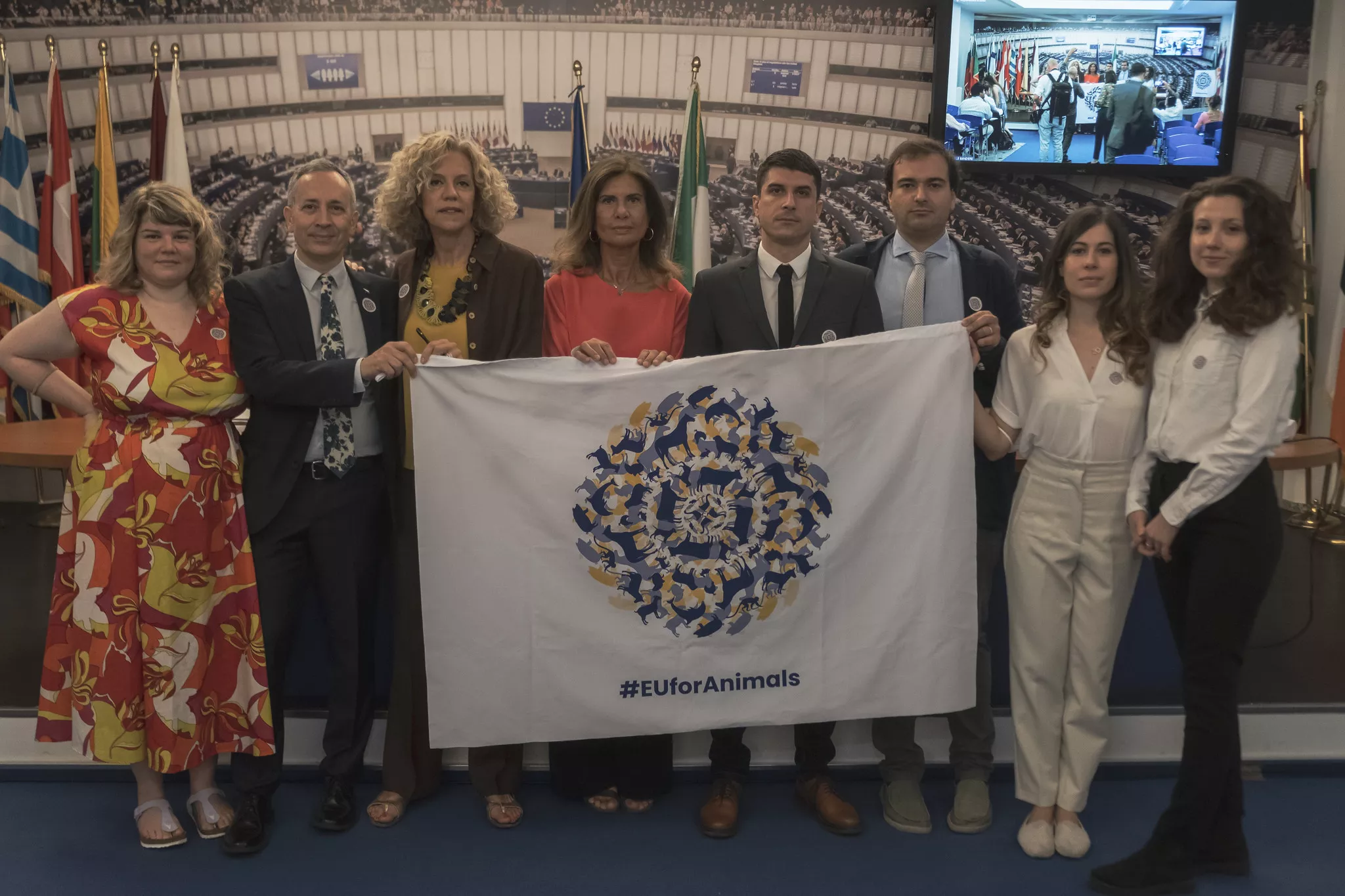
For the last year, together with 40 other European organisations, we have been urging the EU to create a new position: an EU Animal Welfare Commissioner.
There are eighteen Commissioners in the EU responsible for different areas in society – the economy, transport, the environment, agriculture, plus many more – but there isn’t one for animal welfare.
What this means is that when decisions are made about animal welfare, there is no single person there to speak up for them and their interests. Meanwhile, the meat companies who are responsible for animal suffering have their interests represented by commissioners like the Commissioner for Agriculture.
There’s clearly an imbalance which needs to be fixed and a European Commissioner for Animal Welfare would be a major step.
With this initiative, we have so far gathered the support of 182 members of the European Parliament and over 173,000 European citizens who have signed the petition.
Thank you for everything you do for animals.
See more about your impact for animals in our 2021 impact report.
Recommended
